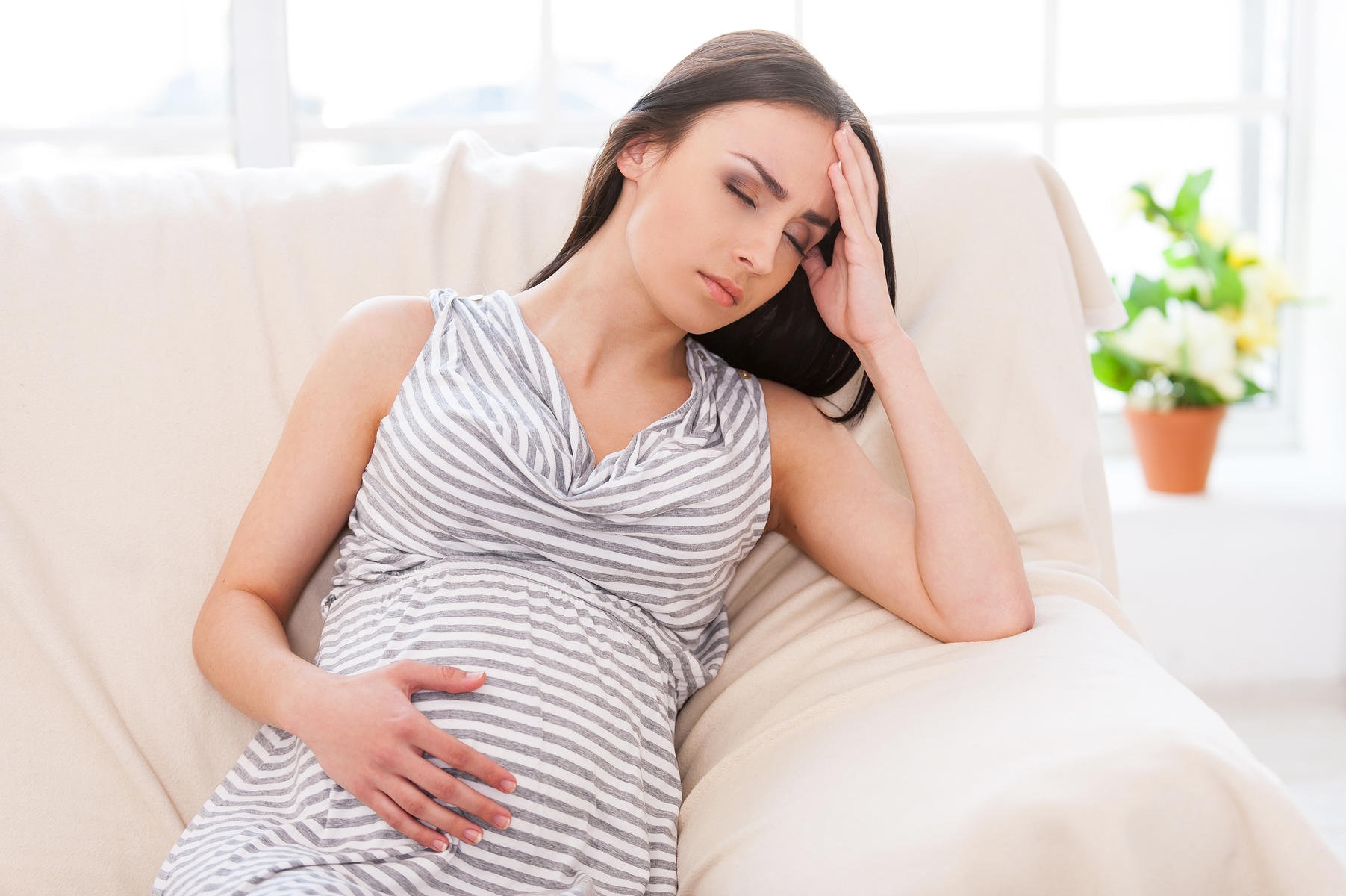
- November 30, 2021
- Comments: 0
- Posted by: Dr. Anushri Shah

During pregnancy, the body needs extra iron and minerals to generate hemoglobin, a protein found in red blood cells. This protein carries oxygen from the heart to the rest of the body’s cells. During the second and third trimesters, many pregnant women are deficient in iron. As a result, moderate anemia is prevalent throughout pregnancy.
If anemia is severe during pregnancy, the baby is at risk of getting anemia as an infant. People with anemia are also more likely to give birth prematurely or with a low-weight baby. Anemia makes it more difficult to fight infection since it raises the danger of blood loss during birth.
People with this illness may generally address it by eating more iron-rich foods and taking iron supplements. This article goes over the several forms of anemia that can arise during pregnancy. It also examines the symptoms and risk factors, as well as preventative advice.
Definition: What Is Anemia?
Anemia is characterized by a lack of red blood cells or hemoglobin. Hemoglobin is the protein that gives blood its red hue and includes iron. It joins oxygen from the lungs and delivers it throughout the body.
The most prevalent blood ailment is anemia. There are around 400 different forms of anemia, each with its own set of causes, therapies, and prognoses.
Anemia is often a symptom of a more serious underlying condition. Anemia can produce a reduction in the quantity of oxygen in the body’s tissues, which can exacerbate the course of many comorbid disorders.
 Various Types: Anemia In Pregnancy!
Various Types: Anemia In Pregnancy!
During pregnancy, many kinds of anemia are frequent. These are some of them:
Iron Deficiency
The fetus requires the mother’s red blood cells for growth and progress during pregnancy, specifically in the last three months. If a mother has surplus red blood cells held in her bone marrow before becoming pregnant, she can use those resources to assist satisfy her baby’s demands throughout pregnancy.
Iron deficiency; anemia in pregnancy can occur in women who do not have appropriate iron reserves. This is the most prevalent kind of anemia encountered during pregnancy. It is due to a deficiency of iron in the blood, which is required for the formation of hemoglobin, the component of blood that transports oxygen from the lungs to tissues throughout the body.
It is essential to eat well before getting pregnant in order to build up these reserves and avoid iron deficiency anemia.
Vitamin B12 Deficiency
Vitamin B12 is required for the formation of red blood cells as well as protein synthesis. Vegan women; those who do not consume animal products are more prone to acquire vitamin B12 insufficiency. Consuming animal foods such as milk, meats, eggs, and poultry can help avoid vitamin B12 deficiency. During pregnancy, strict vegans generally require injections of vitamin B12.
Folate Deficiency
Deficiency in folate. Folate, commonly known as folic acid, is a B-vitamin that collaborates with iron to promote cell development. Folate insufficiency in pregnancy is frequently connected with iron shortage since folic acid and iron are present in the same foods. Folic acid may help lessen the chance of having a baby with some birth disorders of the brain and spine if taken before conception and during early pregnancy,
How It Occurs: Symptoms Of Anemia During Pregnancy
Unless the cell counts are extremely low, women with pregnant anemia may not exhibit noticeable symptoms. The following are the most frequent anemia symptoms. However, each woman can experience symptoms in a unique way. Symptoms might include:
Vertigo & Dizziness
Fatigue
Rapid Heartbeat
Pale skin
Labored Breathing
Treatment For Anemia: How To Deal!
Treatment is determined by the kind and level of the anemia in pregnancy. Iron supplements are used to treat iron-deficiency anemia. Some forms have a time limit, while others must be taken many times each day. Iron absorption might be improved by consuming it with citrus juice. Antacids may reduce iron absorption. Iron supplements can induce nausea and change the color of your feces to a dark greenish or black tone. Iron supplementation can also cause constipation.
Risk Factors: Is There Any!
Anemia can develop severely if left untreated. Untreated severe anemia, particularly during the first two trimesters, raises the risk of:
- Poor fetal growth
- Preterm birth
- Infections
- A low birth weight baby
- Postpartum depression
- Needing a blood transfusion during delivery
Takeaway
We, the Divine Mother, are here to help you prepare a pregnancy care program and attend prenatal yoga courses or seminars outlining your childbirth goals. This will assist you in preparing for childbirth.

